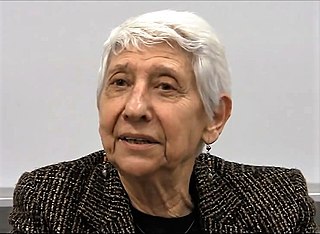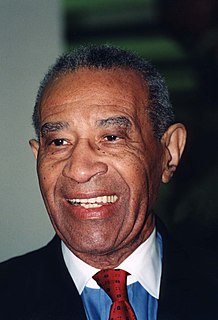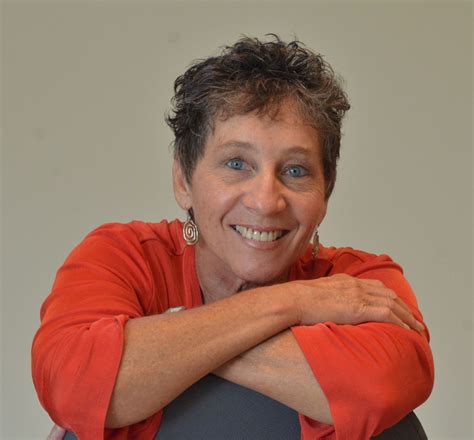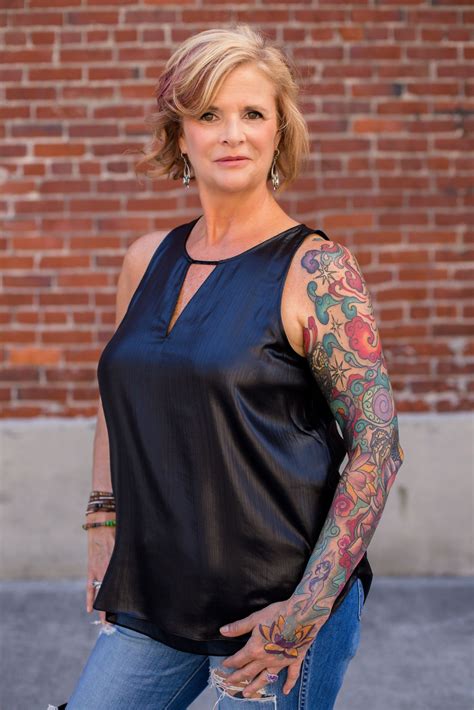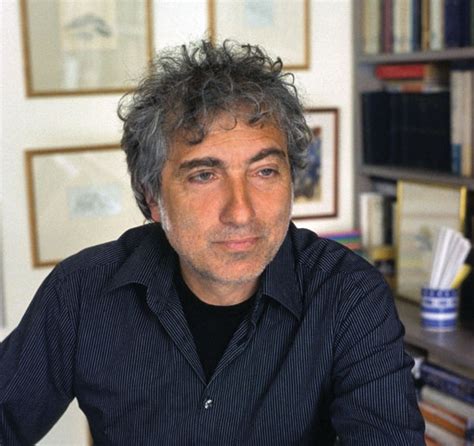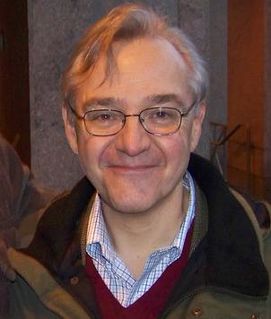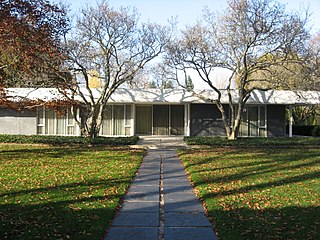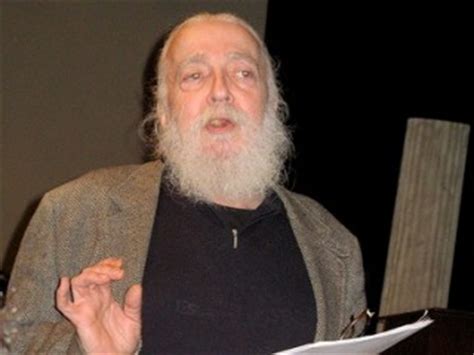A Quote by Selma James
We have needed to define ourselves by reclaiming the words that define us. They have used language as weapons. When we open ourselves to what they say and how they say it, our narrow prejudices evaporate and we are nourished and armed.
Related Quotes
The Yogic sages say that all the pain of a human life is caused by words, as is all the joy. We create words to define our experience and those words bring attendant emotions that jerk us around like dogs on a leash. We get seduced by our own mantras (I'm a failure I'm lonely I'm a failure I'm lonely) and we become monuments to them. To stop talking for a while, then, is to attempt to strip away the power of words, to stop choking ourselves with words, to liberate ourselves from our suffocating mantras.
How do we define, how do we describe, how do we explain and/or understand ourselves? What sort of creatures do we take ourselves to be? What are we? Who are we? Why are we? How do we come to be what or who we are or take ourselves to be? How do we give an account of ourselves? How do we account for ourselves, our actions, interactions, transactions (praxis), our biologic processes? Our specific human existence?
The question of what we are can only be answered by ourselves. We each decide what we are by the life choices we make. How we were made, who are parents are, where we are from, the color of our skin, who we choose to love, all those things do not define us. Our actions define us, and will keep defining us until even after death.
Sanity, as the project of keeping ourselves recognizably human, therefore has to limit the range of human experience. To keep faith with recognition we have to stay recognizable. Sanity, in other words, becomes a pressing preoccupation as soon as we recognize the importance of recognition. When we define ourselves by what we can recognize, by what we can comprehend- rather than, say, by what we can describe- we are continually under threat from what we are unwilling and/or unable to see. We are tyrannized by our blind spots, and by whatever it is about ourselves that we find unacceptable.
There are conversations going on about the Church constantly. Those conversations will continue whether or not we choose to participate in them. But we cannot stand on the sidelines while others, including our critics, attempt to define what our Church teaches... We are living in a world saturated with all kinds of voices. Perhaps now, more than ever, we have a major responsibility as Latter-day Saints to define ourselves, instead of letting others define us.
The new culture war is about national identity rather than religion and 'transcendent authority.' It focuses on which groups the United States will formally admit to residence and citizenship. It asks the same question as the old culture war: 'Who are we?' But the earlier query was primarily about how we define ourselves morally. The new question is about how we define ourselves ethnically, racially and linguistically. It is, in truth, one of the oldest questions in our history, going back to our earliest immigration battles of the 1840s and 1850s.
In the search for character and commitment, we must rid ourselves of our inherited, even cherished biases and prejudices. Character, ability and intelligence are not concentrated in one sex over the other, nor in persons with certain accents or in certain races or in persons holding degrees from some universities over others. When we indulge ourselves in such irrational prejudices, we damage ourselves most of all and ultimately assure ourselves of failure in competition with those more open and less biased.
We all have different desires and needs, but if we don't discover what we want from ourselves and what we stand for, we will live passively and unfulfilled. Sooner or later, we are all asked to compromise ourselves and the things we care about. We define ourselves by our actions. With each decision, we tell ourselves and the world who we are. Think about what you want out of this life, and recognize that there are many kinds of success.
